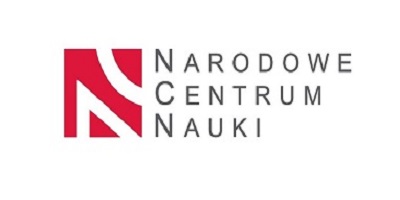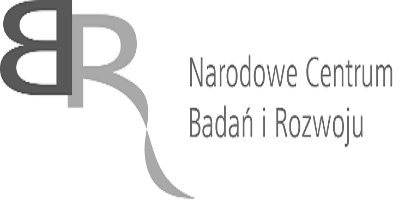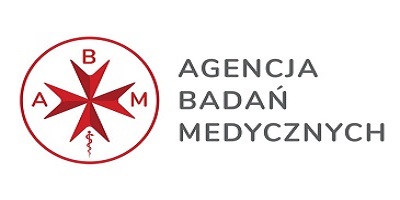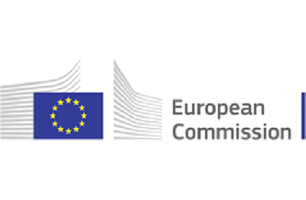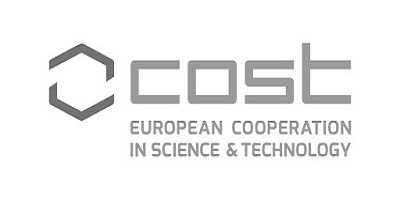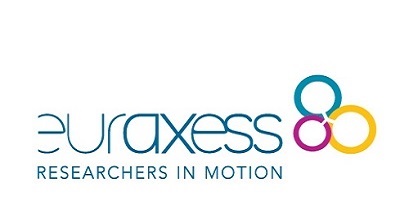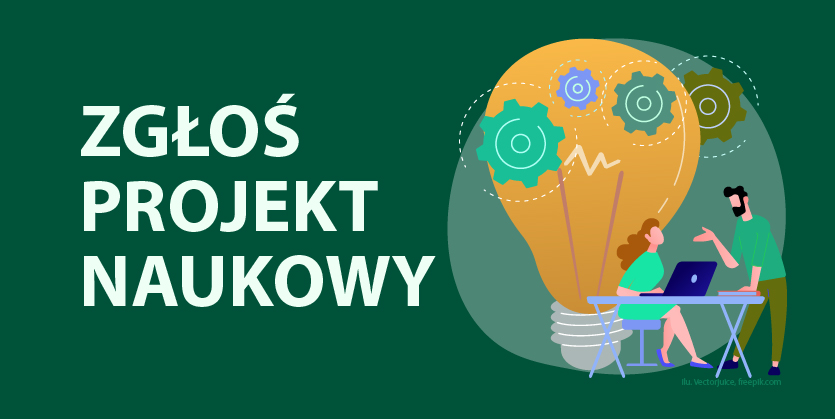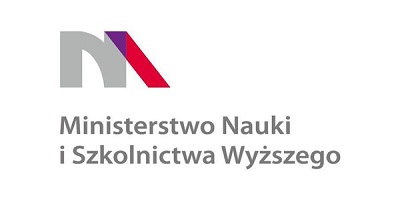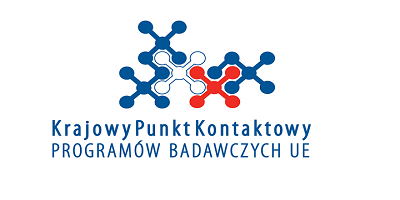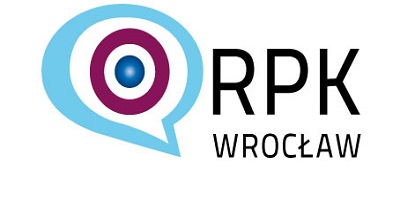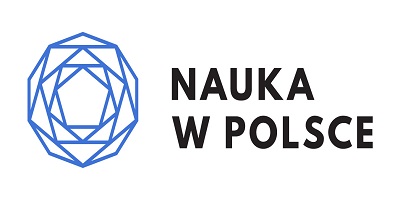Zapraszamy Państwa do zapoznania się informacją dotyczącą możliwości dołączenia do projektów międzynarodowych Horyzont Europa przez państwa wideningowe - mechanizm HOP on FACILITY
Potencjalne korzyści mechanizmu HOP on FACILITY dla UMW:
- dostęp do zamkniętych konsorcjów naukowych realizujących projekty Horyzont Europa, które uzyskały już dofinansowanie
- zwiększenie potencjału badawczego w dyscyplinach nauki medyczne, nauki farmaceutyczne, nauki o zdrowiu
- zwiększenie zasięgu działań naukowych i badawczych oraz zapewnienie dostępu do najnowszej wiedzy
- zdobycie nowych kompetencji i umiejętności pracy w projektach międzynarodowych oraz w zarządzaniu projektami badawczymi, ich upowszechnianiu i wykorzystywaniu wyników badań
W celu nawiązania kontaktu z koordynatorami projektów w ramach mechanizmu HOP on FACILITY należy odwiedzić stronę internetową https://ec.europa.eu/info/funding-tenders/opportunities/portal/screen/opportunities/horizon/hop-on a następnie nawiązać kontakt z koordynatorem projektu.
Przykładowa tematyka projektów w obszarze Health – zaproszenia do nawiązania partnerstw:
1. Novel, orally available immune modulator MP1032 with anti-SARS-CoV-2 and anti-cytokine activity
2. SARS-CoV-2 variants Evaluation in pRegnancy and paeDIatrics cohorts
3. Data-driven cancer genome interpretation for personalised cancer treatment
4. Gene-edited T cells combating IgA Nephropathy. A blueprint approach for safe & efficient genome editing of T cells to sustainably combat several immune diseases and cancers related to B-cell pathology
5. Risk and Resilience in Developmental Diversity and Mental Health
6. Reducing the impact of major environmental challenges on mental health
7. ExeVir's XVR011, a best in class nanobody-based biology that broadly neutralizes SARS-COV-1 and SARS-CoV-2
8. European Clinical Research Alliance on Infectious Diseases - PRIMary care adaptive platform trial for pandemics and Epidemics
9. EU-Africa Concerted Action on SAR-CoV-2 Virus Variant and Immunological Surveillance
10. Additive Manufacturing of Amorphous Metals for Soft Magnetics
11. Twisted nanophotonic technology for integrated chiroptical sensing of drugs on a chip
12. Hybrid electronic-photonic architectures for brain-inspired computing
13. Bottom-up reconstruction of a Synthetic Erythrocyte
14. The pandemic within: tackling brain vulnerability in COVID19 at high resolution: NEUROCOV
15. Advancing The Clinical Development Of Placental Malaria Vaccines In The Context Of Capacity Building and Use Of Digital Health Technologies
16. Transforming into a sustainable European pharmaceutical sector
17. Clinical validation of Artificial Intelligence for providing a personalized motor clinical profile assessment and rehabilitation of upper limb in children with unilateral Cerebral Palsy
18. Combining Artificial Intelligence and smart sensing TOward better management and improved quality of LIFE in chronic obstructive pulmonary disease
19. Psych-STRATA - A Stratified Treatment Algorithm in Psychiatry: A program on stratified pharmacogenomics in severe mental illness
20. V A L I D A T E - Validation of a Trustworthy AI-based Clinical Decision Support System for Improving Patient Outcome in Acute Stroke Treatment
21. Respiratory Host-Pathogen Interaction
22. HLA-homozygous iPSC-cardiomyocytE Aggregate manufacturing technoLogies for allogenic cell therapy to the heart
23. SEROLOGICAL TESTING AND TREATMENT FOR P. VIVAX: FROM A CLUSTER-RANDOMISED TRIAL IN ETHIOPIA AND MADAGASCAR TO A MOBILE-TECHNOLOGY SUPPORTED INTERVENTION
24. Assessing efficacy and safety of genome EDITing approaches for Sickle Cell Disease
25. Developing novel inhaled bioengineered Extracellular Vesicle RNA based advanced therapeutics, delivered by tailored aerosol delivery technology for the treatment of lung cancer
26. Reducing the impact of major environmental challenges on mental health



